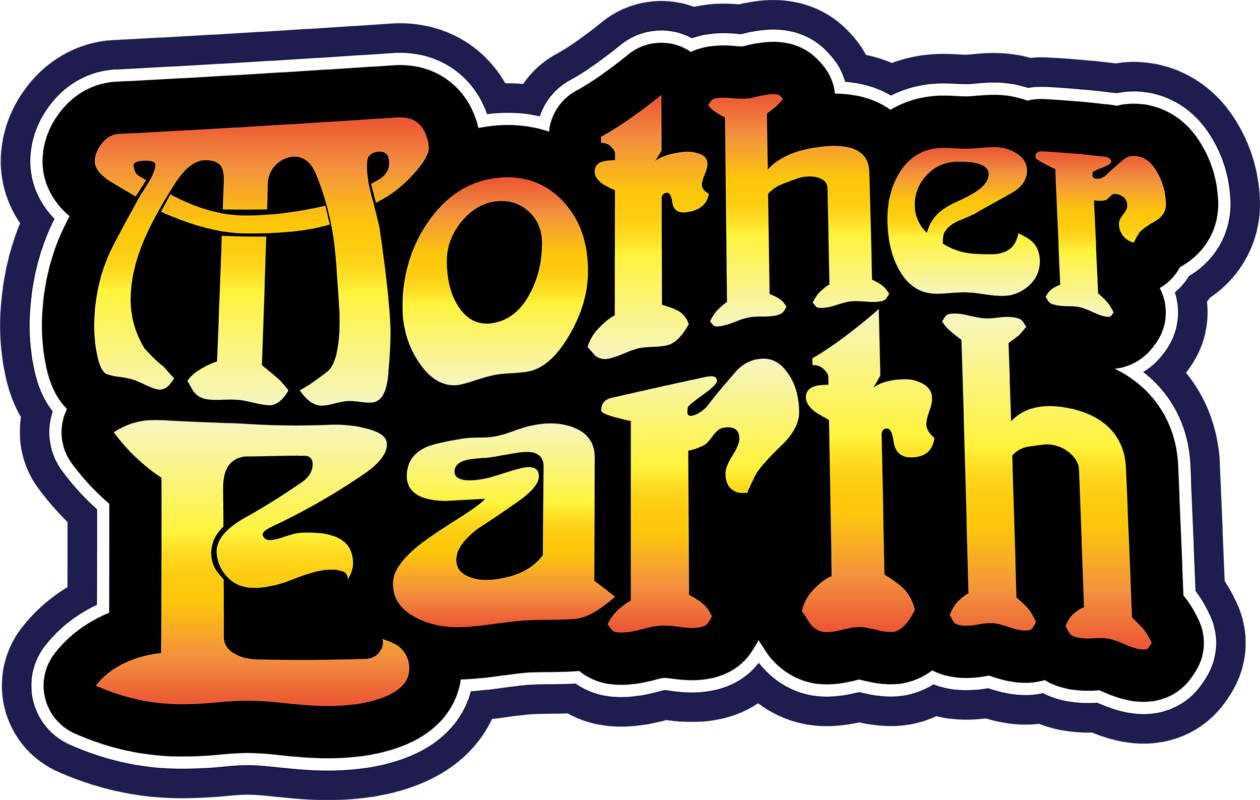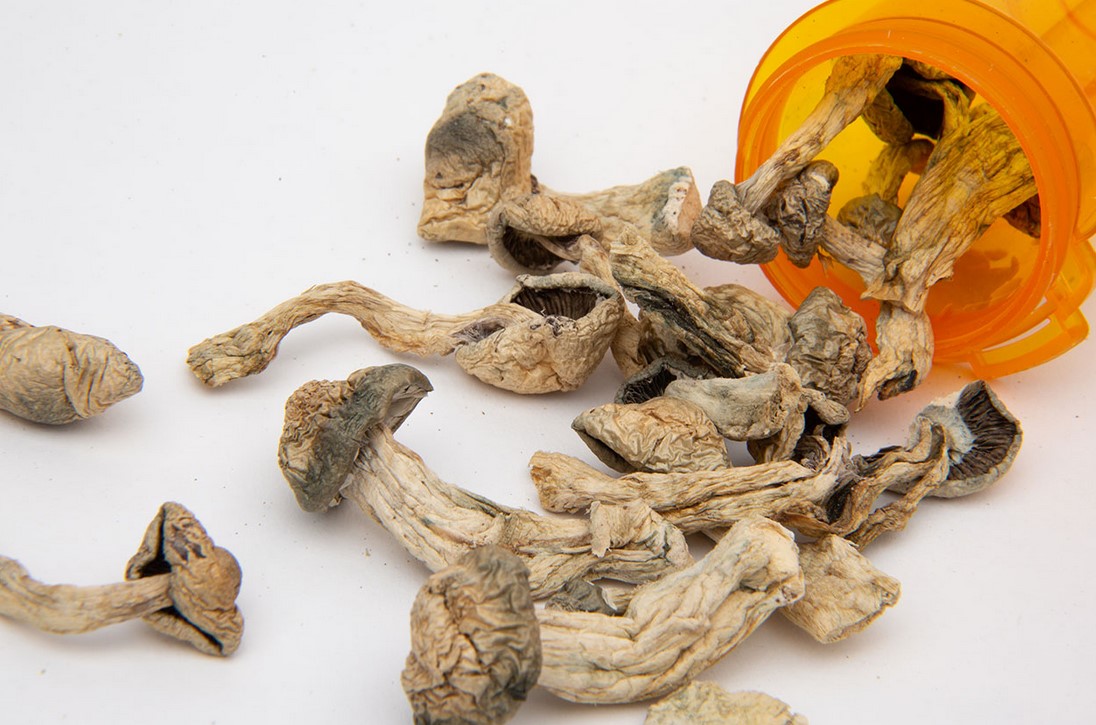Uncategorized
Magic Mushrooms for Anxiety
The following is intended to be a helpful resource. Medispensary does not promote the illegal distribution, use, or possession of any psychedelics. Make sure you know and follow all relevant laws and regulations when it comes to psychedelic usage and possession in your state or region.
Increasing numbers of individuals are learning about the therapeutic properties of psilocybin for anxiety. Anecdotal evidence suggests that psychedelic fungi could reduce negative symptoms and improve mental well-being with very few side effects.
It’s been said that microdosing mushrooms helps to enhance creativity, energy, and focus while making stress easier to cope with.
So, are these claims backed up by science or are they simply too good to be true? Let’s take a deeper look.
Magic Mushrooms and the Brain
Magic mushrooms contain the naturally-occurring substance known as psilocybin. Ingesting moderate to high doses of psilocybin can result in psychedelic effects like altered sensory perception, visual distortion, and heightened emotions. Additionally, psilocybin appears to offer antidepressant and anti-anxiety benefits that may last for an extended period after consumption.
Because psilocybin has a similar chemical structure to serotonin, it has the same effects. This neurotransmitter is important for mood and the stress response in the body.
There are many cell receptors in the serotonin system, and psilocybin binds to three of them. It primarily interacts with 5HT2A receptors but also affects 5HT1A and 5HT2C receptors. The last two, at least partly explaining psilocybin’s anti-anxiety effects, mediate anxiety-like behavior.
Additionally, it appears that magic mushrooms may aid anxiety by promoting neuroplasticity. This term refers to the brain’s capacity to change the structure and function of neurons (nerve cells).
Psilocybin’s ability to dampen activity in the default mode network (DMN) is significant because the DMN is activated when we daydream, consider the past or future, and reflect on ourselves. When the DMN becomes excessively active, it might lead to problems such as overthinking, which can frequently result in sadness.

Research on Magic Mushrooms for this Ailment
Research regarding psychedelics and their effects stopped in the 1970s as a result of their addition to the Controlled Substances Act. Consequently, there are very few human studies exploring whether magic mushrooms could help with conditions like depression, anxiety, or migraines.
However, there is some promising experimental data available. A 2017 study in The Mental Health Clinician reported the results of psilocybin research for depression, anxiety, obsessive-compulsive disorder (OCD), and addiction. The findings were mostly favorable, although they were modest in size and required further research.
Furthermore, a 2017 article in Harm Reduction Journal discovered that psychedelics could alleviate migraines and cluster headaches. These results are important because these debilitating disorders often don’t respond well to convential treatments, causing sufferers much anguish.
Can Magic Mushrooms Cure Anxiety?
In the medical profession, using the word “cure” is dangerous. It suggests that all symptoms will be completely resolved, which is rarely achievable.
In many cases, the most a therapy can do is relieve symptoms sufficiently that patients may live a happy life. Furthermore, to obtain optimal comfort, patients frequently need to use a number of therapies. Anxiety is an excellent example.
While taking psychedelics in a controlled setting may help, it is crucial to be mindful of the reactions between anxiety medication and magic mushrooms.
Selective serotonin reuptake inhibitors (SSRIs) are one of the most frequently used types of antidepressants. Both SSRIs and psilocybin have the ability to boost serotonergic activity, thus drug interactions are possible.
Those curious about using psychedelics to ease anxiety and currently taking antidepressants should speak with a doctor for more information.

Can Magic Mushrooms Cause Anxiety?
The relationship between magic mushrooms and anxiety is a perplexing one. When people consume psychedelics, their mood usually tends to increase. As a result, taking magic mushrooms while in an anxious condition might make things worse.
Any increases in anxiety are likely to be brief, but they might make for an unpleasant experience. As a result, it is critical to prepare ahead of time for a psychedelic trip, especially by establishing a positive attitude before consumption.
By restricting the dose, it is feasible to decrease the danger of anxiety while taking mushrooms.
Research has shown that by limiting your dose, you can also reduce the amount of anxiety caused by mushrooms. A 2016 study investigating psilocybin’s effects on cancer patients found that this was true for those suffering from anxiety and depression as well.
The study administrators gave doses of 1mg or 3mg per 70kg of body weight in low amounts, and 22mg or 30mg per 70kg in high doses to compare the effects. They found that while high doses caused anxiety for 26% of test subjects, lower concentrations only produced anxiety in 15%. Additionally, lowering the amount significantly reduce physical and psychological distress levels.
Psilocybin is more effective and has fewer side effects when taken in smaller doses, a practice known as microdosing.
Is Microdosing Magic Mushrooms an Effective Treatment?
If the idea of a full psychedelic trip terrifies you but you’re still curious about magic mushrooms, microdosing may be right for you.
Microdosing is a technique of consuming substances at extremely tiny dosages that produces minimal psychoactive effects.
Despite the fact that research is just now emerging, anecdotal evidence suggests that microdosing psilocybin may provide the following benefits:
- Increased energy and focus
- Enhanced creativity
- Improved relational skills
- Increased spiritual awareness
- Low risk of adverse effects
Microdosing psychedelics is said to assist in the development of flow states, enhanced performance, and promotion of creative thinking. However, it must be emphasized that there is at present no scientific evidence to support these claims.
If you want to microdose magic mushrooms, it’s crucial that you familiarize yourself with the local laws and regulations. Psychedelics are still largely illegal, so it’s up to you to make sure you understand the specific rules in your area.
Want to Try Microdosing? Here’s How to Start with Mushrooms
For individuals who live in jurisdictions where microdosing with magic mushrooms is legal, the procedure is straightforward.
1. Prepare the Mushrooms
Dry mushrooms are the most simple to microdose with. Many methods for drying mushrooms exist, but drying them in a dehydrator is the most efficient.
If you’re unable to dehydrate them, place the mushrooms onto a wire rack in an oven and cover with parchment paper.
To dry your mushrooms, set your oven to its lowest temperature and prop the door open with a wooden spoon. Allow them to sit in the oven until they are completely dry (this may take several hours), checking on them periodically.
The mushrooms must be completely dry, so that they snap easily under pressure. If any moisture remains, the mushrooms will grow mold.
Remove the stems from the mushrooms and soak them in warm water for at least 20 minutes to make them easier to grind. After they have been fully soaked, grind the dry mushrooms into a powder and store it in a cool, dark, and dry location.
2. Determine the Dosage
The amount of drugs needed for a microdose will change depending on the person. A recommended starting point would be 0.1 grams. To give you some perspective, the least amount of magic mushrooms needed to trip is approximately 0.2-0.5 grams while a moderate dose sit around 1-2.5 grams mark..
Increase the amount gradually until you notice mild effects, such as drowsiness. Then reduce the dose slightly to get an appropriate microdose.

3. Prepare the Microdose
For many people, the most efficient way to consume mushroom powder is by filling empty capsule casings for microdosing. This method of consumption is easy and it also eliminates the mushrooms’ taste, which can be unappealing.
The powder can, however, be consumed directly before eating.
4. Scheduling
Magic mushrooms should not be microdosed every day, as this can lead to the development of tolerance. When tolerance occurs, a person will need increasingly higher doses to experience the same effects.
When microdosing mushrooms, some people dose for four days straight then take three days off before starting again. Others recommend dosing on Day 1, taking two days off, and then dosesing once more on Day 4.
The latter technique may be more effective because individuals typically still feel the consequences of microdosing the following day.
Final Thoughts on Magic Mushrooms for Anxiety
Although preliminary research looks promising, more work needs to be done in order to confirm that magic mushrooms can help relieve anxiety symptoms.
You must employ magic mushrooms under expert guidance, as they tend to increase feelings.
Because magic mushrooms have the ability to enhance emotions, it is best to use them with somebody experienced nearby in case things take a turn. This is especially significant for those struggling from psychosis, schizophrenia, or extreme anxiety.
You should get a psychological assessment before you start using magic mushrooms for anxiety. Only continue if it’s safe and legal to do so.


